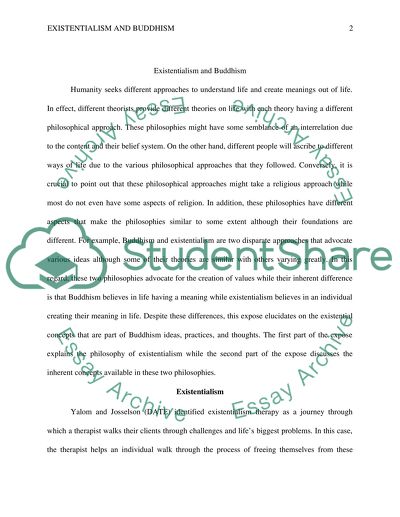Cite this document
(“Existentialism and Buddhism Term Paper Example | Topics and Well Written Essays - 1750 words”, n.d.)
Retrieved from https://studentshare.org/psychology/1465355-existentialism-and-buddhism
Retrieved from https://studentshare.org/psychology/1465355-existentialism-and-buddhism
(Existentialism and Buddhism Term Paper Example | Topics and Well Written Essays - 1750 Words)
https://studentshare.org/psychology/1465355-existentialism-and-buddhism.
https://studentshare.org/psychology/1465355-existentialism-and-buddhism.
“Existentialism and Buddhism Term Paper Example | Topics and Well Written Essays - 1750 Words”, n.d. https://studentshare.org/psychology/1465355-existentialism-and-buddhism.


